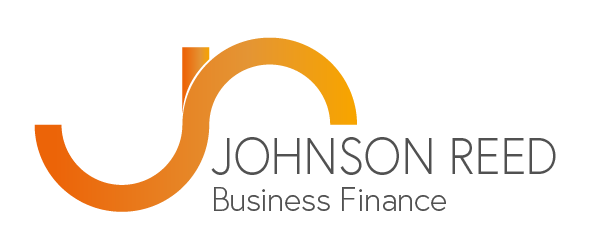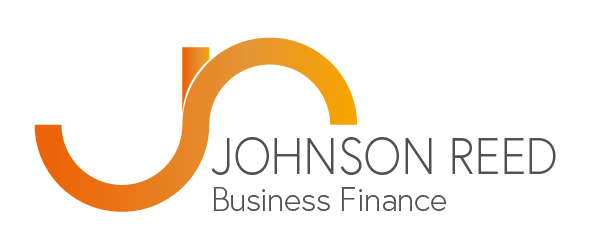And so it goes – after 43 years, Britain will be leaving the European Union, and after six years in the top spot, David Cameron will step down as Prime Minister. Whilst some are pleased with the result and feeling optimistic about the future, others are as disgruntled as the MEPS in European Parliament yesterday after Nigel Farage told them, “virtually none of you have ever done a proper job in your lives.”
If you’re feeling overwhelmed by the abundance of fact and opinion flying around, you’re not alone. But what we’re struggling to gauge is – what happens now?
As it stands, not a lot! Chancellor, George Osborne, broke his three-day silence to confront claims about the economy, during which he said Article 50 (the formal process of withdrawing from the EU) was likely to be triggered in the Autumn once the new Prime Minister had taken over. When the negotiations are underway, the process itself is likely to take at least two years, so we’re not going to see any drastic changes in the near future.
Despite some forecasts that post-Brexit Britain could slip into recession, Osborne insisted that the British economy, “is about as strong as it could be to confront the challenge our country now faces”. This came about after claims from British businesses that warned the Brexit would result in redundancies, hiring freezes and investment cuts.
However, the mild threat of economic downturn ahead does not mean you should put your aspirations and plans for growth on hold. Chances are, your business has confronted and overcome much more challenging hurdles to reach where you are today!
What we do know, is that during this period of financial uncertainty, it’s all the more important to take measures to protect our businesses, and prepare for any challenges we may face. There’s never been a more important time to preserve cash flow, so here I’ve compiled a list of helpful hints to protect your business’ most precious commodity where possible.
- The saying goes, “revenue is vanity, cash flow is sanity, but cash is king.” Money is constantly entering and leaving your business. As the revenue comes in, the tax, bills, wages, rent, stock costs (the list goes on!) all come out. Of course, profit is the ideal goal, but you won’t get there without maintaining a healthy cash flow along the way.
- Value your employees – Studies have found that the cost of replacing one employee is equal to 6 to 9 months of their salary in recruiting and training expenses! Although you can’t stop them from moving on, aiding their personal development, offering them new opportunities and rewarding them when they deserve it all help towards employee-retention.
- Keep track – Know exactly when, why, how and where your money is going, and plan for it in advance. Keep your bank facilities in-tact, and make sure you keep hold of any VAT invoices and sales receipts to claim tax relief where possible.
- Think about the long term – When money is tight, it makes sense to go for the cheaper option, right? Not necessarily. When it comes to equipment, better quality will last longer and produce a better end-product. And buying equipment doesn’t always require a large outlay, which conveniently brings us to point number 5…
- Lease it! There’s no need to part with a lump sum of capital expenditure when you have the option to spread the cost. The repayments will be fixed to suit you, and these can easily be incorporated into your budget planning. Leasing can also help you maximise your tax position.
- Keep it flowing – Looking to inject some cash back into your business quickly? Refinance can improve your liquidity by releasing the cash already tied up in your equipment.
- Pick up the phone – Johnson Reed’s specialist team are always only a phone call away. We have access to a huge pool of underwriters, and never has the asset finance market been so liquid in the UK. Trust in our ability to deliver, as thousands of businesses have over the last 15 years. We’ll keep your business moving forward whatever the Brexit throws our way!


